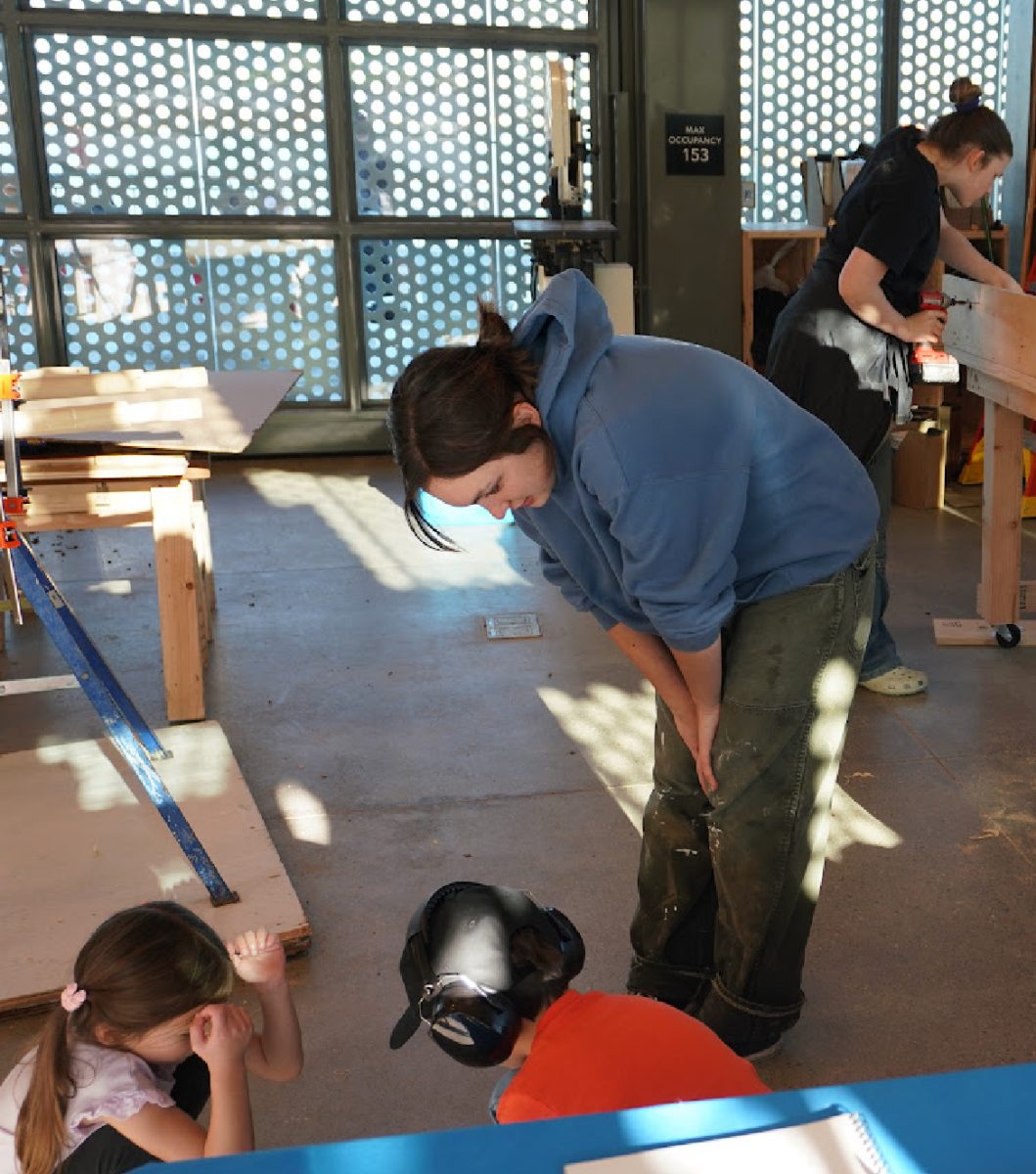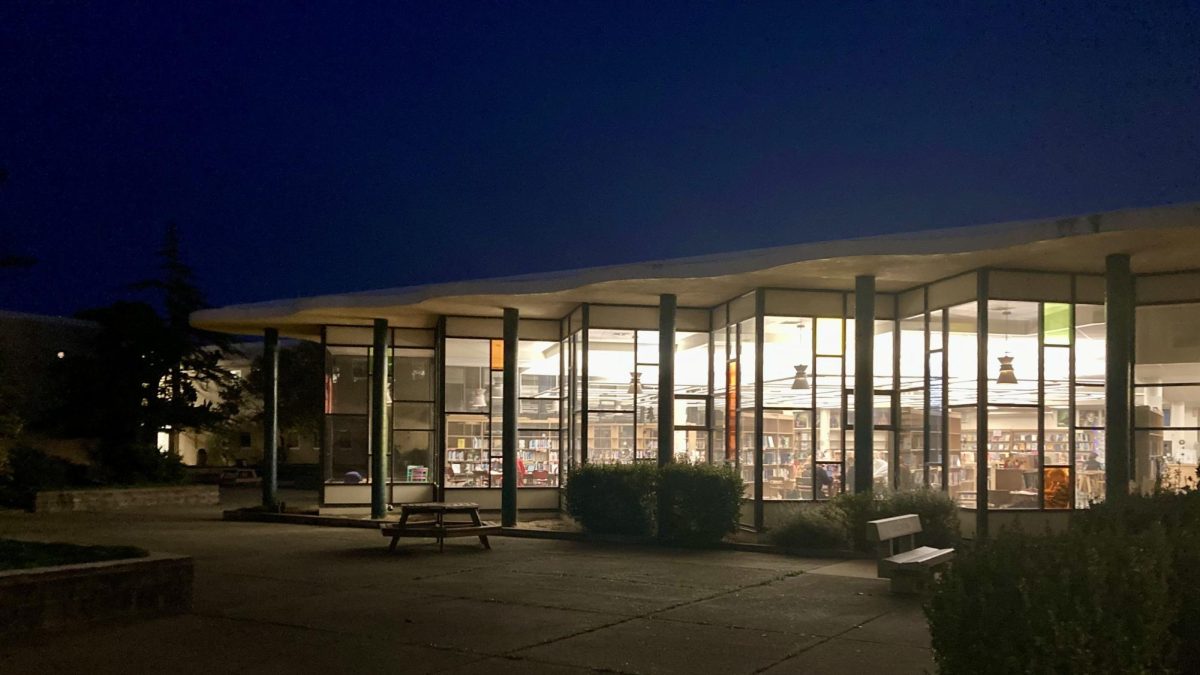What will we do after high school? After college? Where will we be in 10 years? For Redwood alumnus Cigall Kadoch, the answer is in Forbes Magazine, as one of Forbes’s Top 30 Under 30.
Kadoch, part of the Redwood class of ‘03, was included in Forbes’s annual Top 30 Under 30 list, which finds the top 30 people under 30 years old in 15 different categories who are making an impact on the world. Kadoch’s work in cancer research earned her a spot on the health and science list.
Kadoch found out two months ago that she was nominated for Forbes’ list, but didn’t find out until one month ago that she made the final cut.
“I found out a month ago that I had made it onto the list, but I was asked to keep it quiet until Forbes released [the list],” Kadoch said.
Kadoch was nominated for her award-winning research, which was conducted at Stanford. Kadoch researched which genetic mutations cause cancer.
“We were looking for the things that drive the cancers, the things that turn them on,” Kadoch said. “What we’ve found is that most cancers are caused in part by the genes involved in chromatin regulations.”
Chromatin is the combination of DNA and protein that makes up the contents of a cell’s nucleus. It also helps regulate the cells reproduction and expression of certain genes.
“When the gene’s not regulated, it won’t be turned off and can become cancerous,” Kadoch said.
Kadoch focused on finding exactly which genes weren’t regulated.
“One of the hard parts was looking for a cancer with few enough mutations that we could try to study what mechanism cause it,” Kadoch said. “We decided on synovial sarcoma, a soft tissue tumor where the only cause is translocation.”
Kadoch explained that many cancers can be caused by more than one thing. However, in the case of synovial sarcoma, the only cause is translocation, when part of a chromosome fuses to another chromosome.
Because it only has one cause, it was easier to sequence the genes that cause the cancer and find the root of the problem, Kadoch said, adding that finding the mutations that cause cancer is the best way to find a working cure.
“We’re hoping to work out a therapeutic cure for synovial sarcoma, but the other cancers will have different cures,” Kadoch said. “Unfortunately, there’s not one end-all cure.”
According to Kadoch, the publicity from appearing on Forbes’s list is helping her research.
“The publicity has helped gain support for the lab, as well as drum up interest in the research,” Kadoch said. “Especially considering I just recently began leading my own research, this is a big deal.”
Kadoch recently took a role as a professor at the Dana-Farber Cancer Institute, closely affiliated with Harvard, where she is continuing her post-doctorate research.
“I’m currently the youngest professor in the department, and it’s been an amazing experience leading my own post-doc research,” Kadoch said.
Kadoch is also hoping to apply her research beyond synovial sarcoma.
“We’re hoping to understand not only this cancer, but gain insight into how other cancers work too,” she said.





